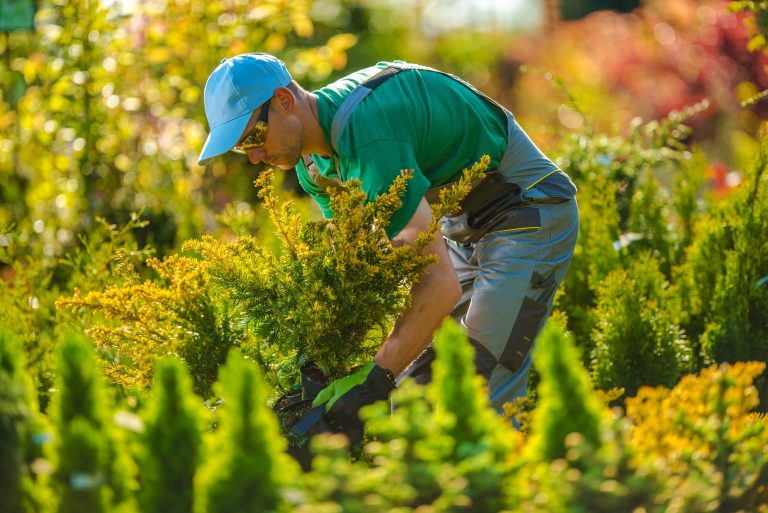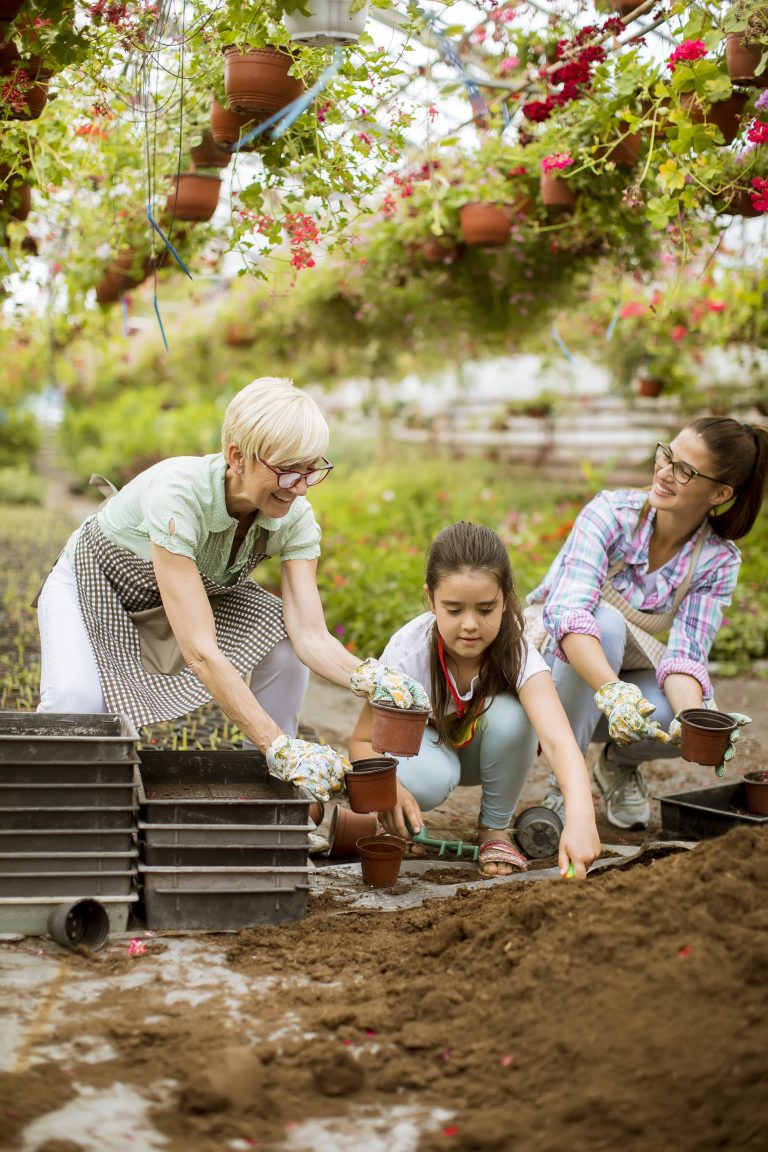
Gardening is a rewarding way to connect with nature, providing tranquility and the joy of watching your hard work blossom. However, the serenity of tending to your green space can be disrupted by the arrival of uninvited guests: pests. From aphids to caterpillars, these tiny intruders can wreak havoc on your plants. While chemical pesticides might offer a quick solution, they can also pose threats to beneficial insects, your plants, and the environment. Luckily, there are several natural ways to safeguard your garden from pests, ensuring your outdoor oasis remains healthy and thriving.
1. Encourage Beneficial Insects
One of the most effective natural methods of pest control is to enlist the help of beneficial insects. Ladybugs, lacewings, and parasitic wasps are formidable allies against aphids, caterpillars, and other harmful pests. To attract these helpful critters to your garden, consider planting a variety of flowers and herbs like dill, fennel, and marigolds, which provide nectar that beneficial insects adore. Additionally, leaving patches of undisturbed soil or leaf litter can create ideal habitats for these insects to breed and thrive in your garden.
2. Companion Planting
Companion planting is an ancient gardening technique that involves growing specific plants together to boost growth, repel pests, or attract beneficial insects. For instance, planting basil alongside tomatoes not only enhances flavor but also repels flies and mosquitoes. Marigolds deter nematodes and other garden nuisances, while garlic and onions can ward off a variety of pests with their pungent smell. By understanding the symbiotic relationships between different plants, you can create a more balanced and pest-resistant ecosystem in your garden.
3. Neem Oil
Neem oil, derived from the seeds of the neem tree, is a powerful natural pesticide that is safe for humans, pets, and beneficial insects when used correctly. It works by disrupting the feeding habits and reproductive cycles of pests like aphids, mites, and whiteflies. Apply neem oil by mixing it with water and a few drops of liquid soap, then spray it on affected plants. Be sure to apply in the evening or early morning to avoid harming beneficial insects and to prevent foliage burns when the sun is strong.
4. Diatomaceous Earth
Diatomaceous earth is a natural powder made from the fossilized remains of tiny, aquatic organisms called diatoms. It acts as an abrasive agent, cutting through the exoskeletons of pests like slugs, beetles, and fleas, effectively dehydrating them. Sprinkle this fine powder lightly over your garden beds, focusing on areas where pests are prevalent. While safe for humans and pets, take care to wear a mask during application, as it can irritate your lungs if inhaled.
5. Physical Barriers
Sometimes the simplest solutions are the most effective. Physical barriers can prevent pests from accessing your plants in the first place. Floating row covers, fine mesh netting, and cloches provide a physical shield against flying and crawling insects while still allowing sunlight and rain to nourish your plants. For ground-dwelling pests like slugs and snails, copper tape around the base of raised beds or pots can act as a deterrent, as the metal gives them a mild electric shock.
6. Introduce Predators
If you’re dealing with specific pest problems like snails or slugs, consider introducing natural predators into your garden environment. For instance, frogs and toads are voracious eaters of slugs and other garden pests. Create a welcoming habitat for these amphibians by providing a small pond or shady, damp areas that they can use as a refuge. Birds, another useful predator, can be attracted by setting up bird feeders and birdhouses, offering them seeds and a safe nesting place.
7. Practice Crop Rotation and Soil Management
Healthy soil is the foundation of a robust garden. By practicing crop rotation, you prevent pests and diseases from accumulating in the soil over the seasons. This involves alternating different crops through your planting schedule to disrupt the life cycle of pests. Additionally, ensure your soil is healthy and full of nutrients by regularly adding organic matter like compost or well-rotted manure. Healthy, well-nourished plants are less prone to pest infestations and more capable of withstanding minor pest damage.
8. Homemade Natural Sprays
Several homemade concoctions can serve as effective pest deterrents. A simple garlic spray, made by blending garlic cloves with water and a little dish soap, can repel a variety of pests. Similarly, a hot pepper spray, created by steeping hot peppers in water, can deter mammals like rabbits and even some insects. Always test these sprays on a small section of your plants before full application, as some plants may be sensitive to these treatments.
Conclusion
Gardening is both an art and a science; protecting your crops naturally requires patience, observation, and a bit of creativity. By embracing natural pest control methods, you not only create a healthier garden ecosystem but also contribute to the well-being of the wider environment. While it may take longer to see results compared to using chemical pesticides, the benefits, including cleaner produce and the preservation of beneficial insects, far outweigh the wait. Remember, a diverse garden, rich with various plants and insects, will be your strongest defense against pests. Embrace these natural strategies, and watch your garden flourish with vitality and resilience.













